
Jungle book seemed to be more fascinating to me rather than those Grandma's fairy tales. This developed my curiosity to explore all the National Parks, Biosphere Reserves and Sanctuaries of our own state Odisha.” SIMLIPAL NATIONAL PARK ”without a pinch of hesitation, down the memory lane I would remember this as my most happening wildlife expedition.A lot of lessons,learning and experience we got from this trip. With all kind of pressure of semester exams on our head our group somehow managed to pull off a proper planned trip to Simlipal National Park.
According to our research
and list of must go places we finalized a 3D 2N trip.We left our home at around
2.30pm in the afternoon unfortunately not an early winter morning start. Prior
to our trip dates we got our homework’s done on everything that you must know
before going on a Wildlife Expedition. We got our hotel rooms booked, meals
booked for the the D-Day (Jungle trip) and the most important among the rest
was a proper experienced National Park Guide, who will be familiar with routes
and the proper sighting places for wild animal encounters (taking a guide is a must
in any kind of jungle trip).We were fortunate enough to have Mr. Pradeep Sahu,
beside us who was more of a guardian than a mere guide. With the numerous
number of incident he narrates about various wild animals encounters and deadly
attacks you can easily guess his experience of 25 years in this profession
Our first destination
on the go was Khirachora Gopinath Temple, Remuna, and Balasore. It’s hardly
10-12 km away from the National Highway and well connected with all sort of
transport facilities. We reached here at around 8pm in the evening and failed
to have a Darshan of Shri Gopinath Dev.
But once you are here,
you must not forget to have Prasad in the form of whooping rabdi and milk pedas.
I can bet you that you may not have ever tasted such delicious rabdi and pedas
in your whole lifetime. It costs around 30 for each cup of rabdi and 5 for one
peda. We reached Baripada at around 9:30pm in the night. It was cold and dry
weather outside. We checked in to our hotel rooms and had a briefing session
from our guide about the whole day plan and dos and donts inside the jungle. We
ordered our dinner from Mohapatra Hotel(The famous one in Baripada)which
consisted of Khasi Mutton curry and Desi Chicken kasa. Their way of packing meat
and gravy of curry separately was one of a kind I have had ever came across in
our country. On the completion dinner we got down onto some serious
discussion(irony)and tried to sleep at the earliest but I think excitement was
on top of us and we hardly managed a 4hrs of sleep.
Our guide suggested us
to start early in the morning in order to avoid rush at the entry point and
increase our chances for better animal sighting. We left our hotel at around 6am
in the morning, fetched some essentials like water bottle, biscuits, medicines
and chocolates. Being Odias we never forget to have or carry a heavy breakfast.
We got some Indian junk food from Sai Ganesh Sweet Stall. At the
Entry point you need
to provide ID proofs for generation of permits related to your visiting plan
and don’t forget to avail student concession with your College ID cards. You
are provided with paper bags to carry on inside the jungle and you need to
leave your plastic bags beyond this point. This is from where the jungle starts
and you have to be prepared with zero telephonic networks for the whole day. They
provide you with maps of the jungle and a bag to collect all your litters A
guide, Winter garments and a SUV (4X4 preferable) is a must for going inside
Similipal National Park.
With our entry formalities completed within 30 minutes, we marched on to
our first checkpoint. On reaching there we got to know that already 12 vehicles
have entered the Jungle and the number was expected to increase up to 95(due to
Christmas). They check your vehicle for any kind of prohibited items and the
permit details that has a mention of names of travelers and their belongings
like camera, video cam, drone and etc (separate permission are to be obtained
for all these).
After crossing the
first checkpoint you arrive at a beautiful scenic bridge over a river where the
main road diverges into two paths-One for Lulung Picnic Spot and the Other for
Jungle. The bridge was the spot where we got to click a lot of photographs (Of
Course for Social Media) and had our breakfast.
We then left for our
first spot inside the jungle The Joranda Waterfall on its way we found our
second check gate Bhajam where all of us had to once again get down from the
vehicle for a thorough checking. It was 9am in the morning but the winter
chills was on charge, the sun rays seemed more soothing than any other day in
our life
On reaching Joranda
Waterfall we easily found the frost of the morning dew was on the grass due to
the negative temperature during night hours. The waterfall was giant and
mesmeric and this is what made me fall in love with this atmosphere and its
aura. As perfectly described in the Jungle Book by Rudyard Kipling Jungle has a
lot of secrets to present infront of us and we must be patient enough to enjoy and
respect those secrets.The Joranda waterfall seemed as if someone is doing the
Jalavishek of Shivling infront of us. You can easily spot Deers,Nilagais coming
down to the waterfall to meet their thirst.
The Joranda waterfall is the 19th largest waterfall in India with a height of 490 feet. Beside this beautiful waterfall there lies a forest rest house meant for tourists made with temporary structures and along its boundary deep pits of 20 feet depth are dug for prevention of wild animals getting inside the compound.
We then moved on to
have our lunch for the day as it was around l o clock and in the middle of the
jungle lies various villages and these villagers have set small kind of hotels
for tourists. Our guide already had ordered our meal over there and we went to
try some desi cuisine of tribal people.
This was our small
hotel for meeting our hunger in the middle of forest They cooked everything on
mitu chulah with the help of firewood, perhaps this was the reason the meal was
so much tasteful We had dest chicken and mutton thali which was around 150 each
reasonable enough amidst a jungle.
You won’t believe me
it was so cold outside that even a packaged drinking water kept outside felt like
a chilled bottle out from the fridge.
With lunch done and
drowsy eyes we moved onto our next destination-The Barehipani Waterfall.On our
way to the waterfall we discovered our own view point of the majestic Barehipani
waterfall.
Going down to this
point was not allowed so we did a quick photograph session and went on ahead to
the proper view point of Barehipani.
Barehipani Waterfall
is the 3rd highest waterfall in India with a height of 1309 feet. It is a 3
tier waterfall and one need to trek down to around 2-3 kms to reach its base (not
advised to do so).Barehipani Waterfall also has permanent tourist accomodation
with 4-5 rooms with 2 persons occupancy and some kind of wooden machans too.
We were just relaxing
after a heavy lunch, enjoying the natures symphony with bird chirping, monkeys
shouting, water gushing down the hill and the settling of sun down in the west
our guide introduced to Haria Dada, one of the oldest guard of this locality.He
offered us some kind of green tea made of herbs and tea found inside the jungle
and we offered him some kind of monetary help for his hospitality service that
we found suitable.
In this photo you will find Haria Dada with kettle in his hands, his grandson (don't assume it to be child labor)and our very own Pradeep Babu(guide).If needed ping me I’ll provide his contact details.
We left for our last
destination of the day though we didn’t got a chance of animal sighting
throughout the day but who knew something best was waiting for all of us. We
went to Chahala Rest House, this was build during the Maharajas time, where
Maharaja used to visit this place after a tiring day at jungle to brush up their animal hunting
skills. The Maharaja used to stay inside
the cottage, helpers and servants used to wait outside the cottage In order to
protect them from Elephants the whole area is guarded with the help of Eucalyptus
Plantations.
We left Chahala at
around 6pm in the evening (after the Maoist attack way back in 2009 the timings
were changed) and were probably the last vehicle to take a exit from there. On
our way back to the Entry point it was pitch black everywhere except our vehicles
headlights guiding us home. We closed our window glass but somehow wind managed
to get inside the vehicle and making all of us shiver in cold. The night was
full of stars and probably some type of constellations were also visible The
best part of our journey happened in night where a Spotted deer was grazing
grass across the road and on seeing our vehicle took a long stride in front of
us and vanished in to the woods. Probably it was so fast that we were unable to
take any kind of photo. Moving a few kilometers ahead we met with a mouse deer
which looked like a deer but was actually a mouse Come across a group of bison’s
crossing the road with such kind of animal sightings during the night we bid
adieu to simlipal national park and were out of the entry point at around 9pm
in the night. We went on to have our dinner at Neel Kamal Dhaba where chicken
pakodas are a must try.
On our last day of
trip we decided to visit the Devkund waterfall,Udala and Kalo Dam,Baripada. Devkund
Waterfall is a major tourist attraction as well as a populated picnic spot
among residents of Odisha,West Bengal and Jharkhand.You can easily find faeces
of elephant on the way to waterfall as elephants come over to this place
during night.
Kalo dam is a miniature irrigation based dam majorly used for
agricultural purposes.
The whole trip offered us a bunch of new experience for all of us. We
went on to planning this trip to spot and sight some Royal Bengal Tigers but
dreams sometimes remain unfulfilled. We discovered a lot of indigenous cuisine,
beverages, local languages(Santhali), culture and heritage of the forest dwellers.
With the dream yet to be fulfilled I will definitely visit this place once
again in the upcoming days. You will find a lot of fascinating stories
regarding the jungle and its inhabitants. The best time to visit this place is
during the month of October or the month of May. During monsoon the national
park is kept close for the visitors. It is believed to be the home for 26
Bengal tigers but it is well said by someone that you may not see them but they
have seen you. Do support our local tourism and its stakeholders.

By Animesh Mahapatra
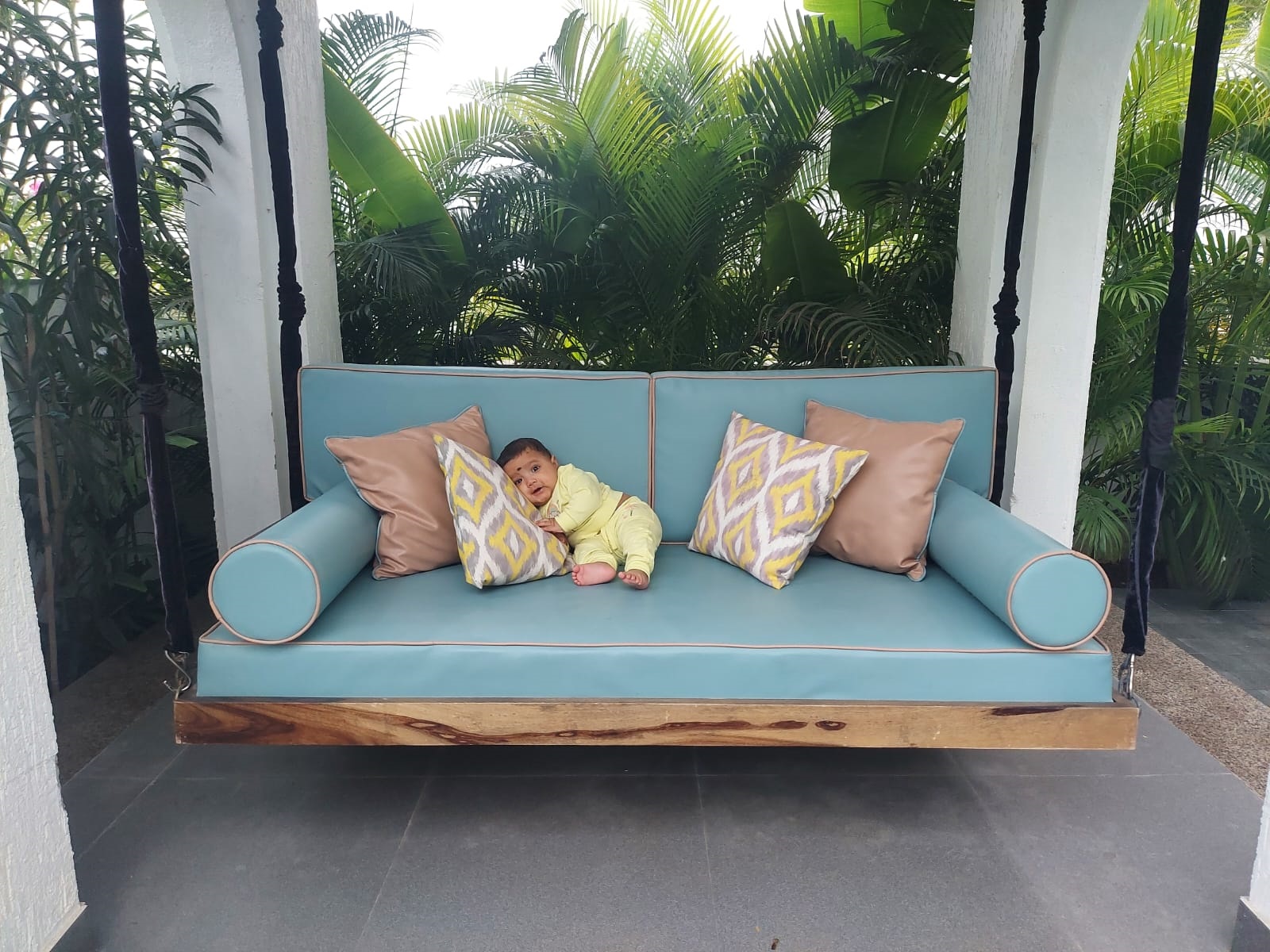
Son, sand and sea: Creating a lasting memory
06 May 2024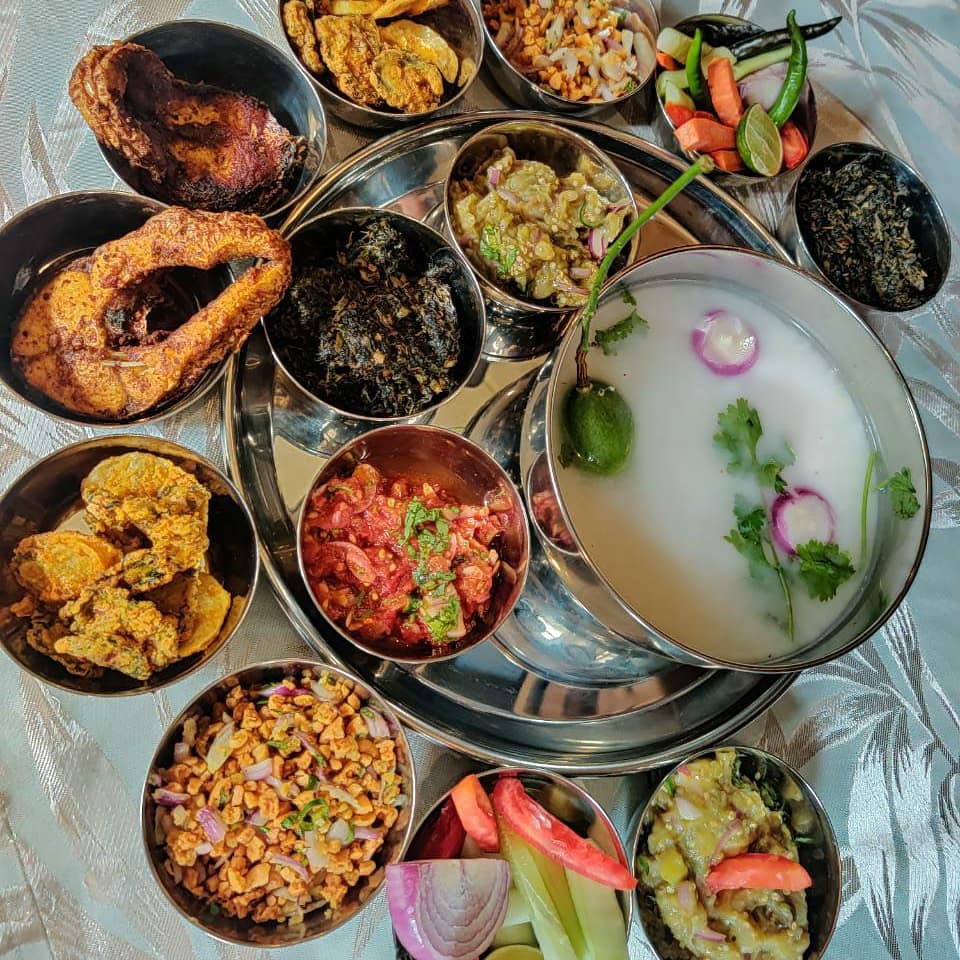
The soul food of Odisha
19 Mar 2024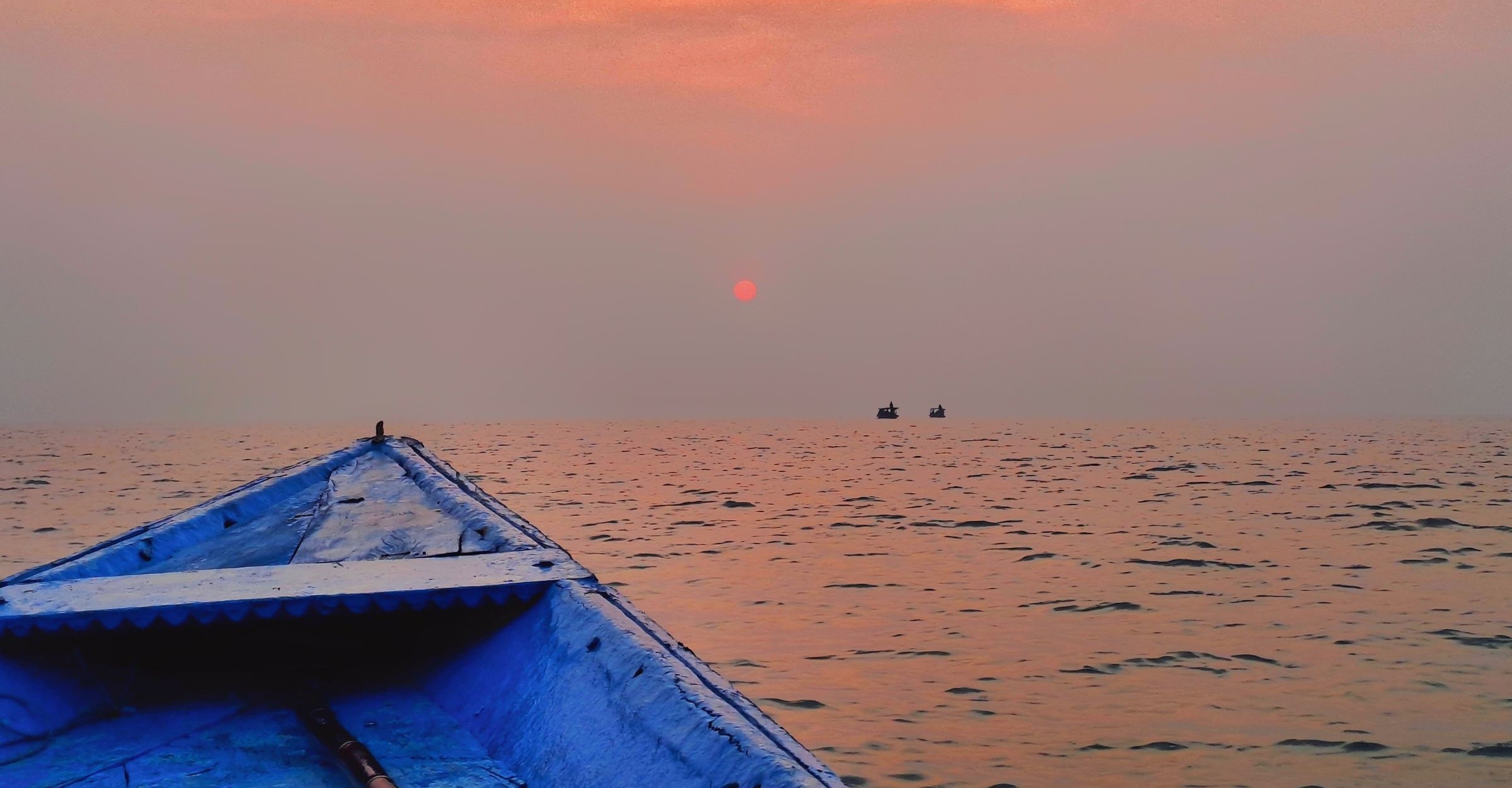
CHILIKA ODYSSEY : EXPLORING THE RICH AVIAN ...
14 Feb 2024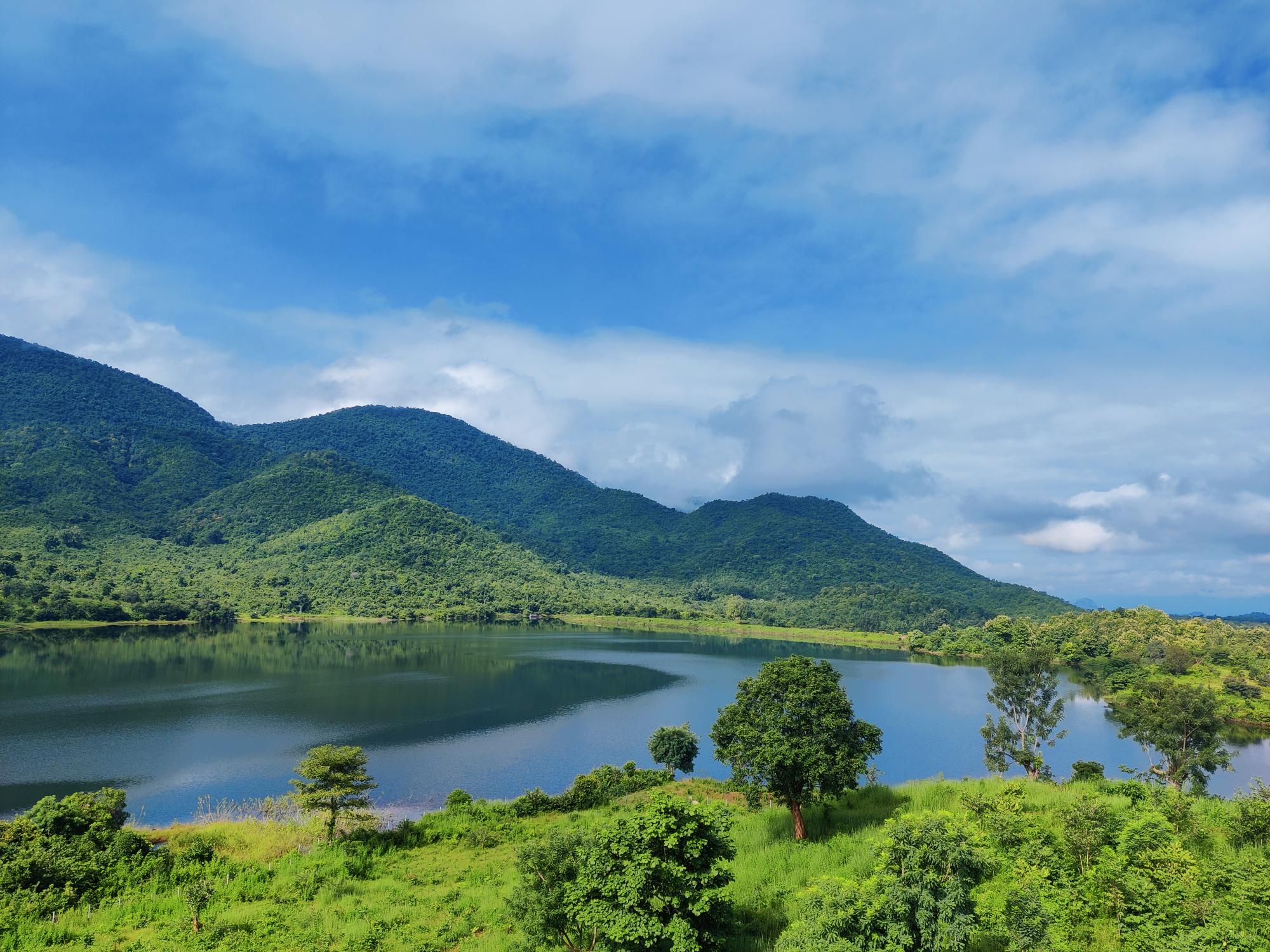
RABANDHARA ECO TOURISM
08 May 2023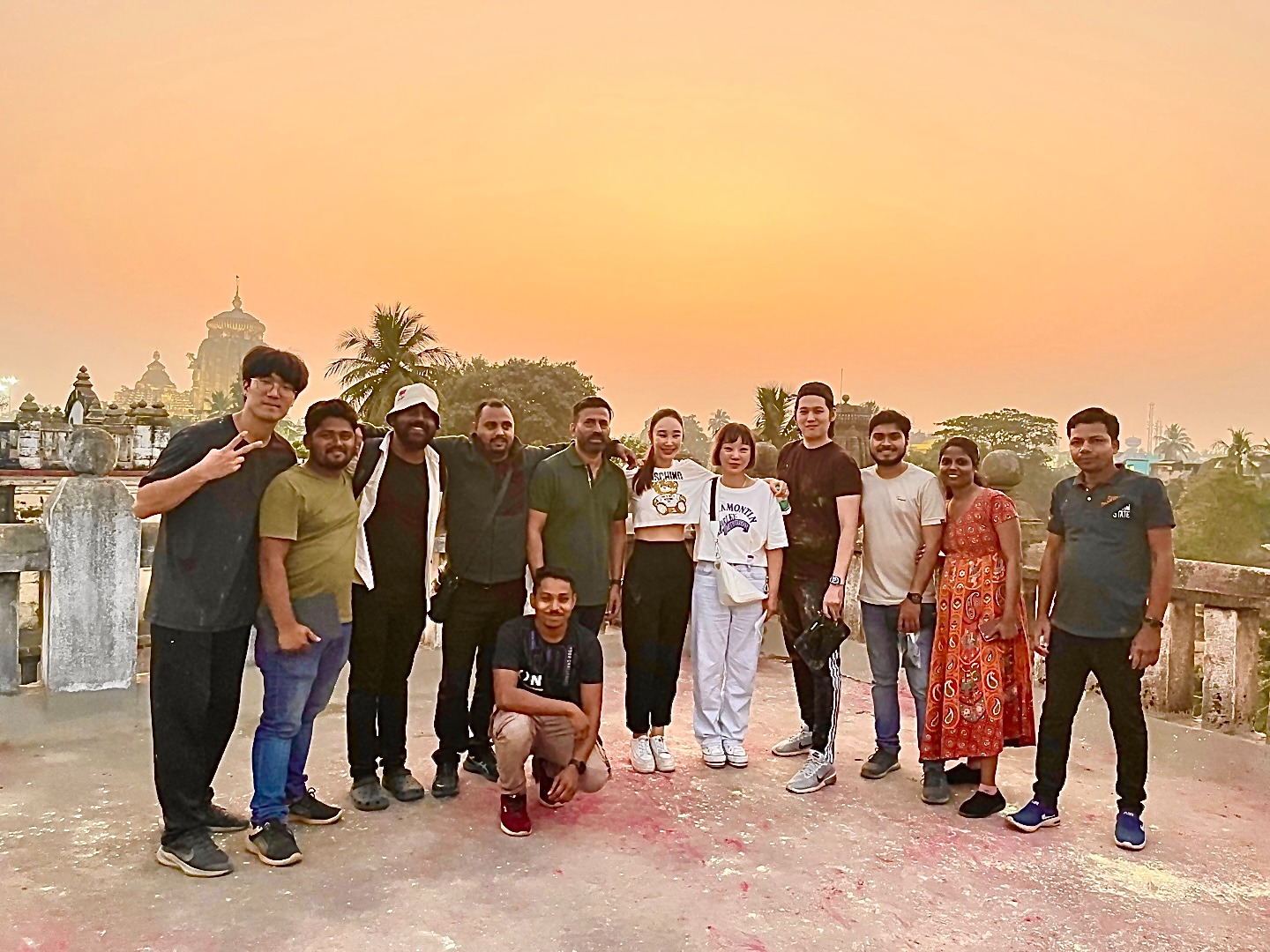
Filming vivid colours of Bhubaneswar with ...
13 Apr 2023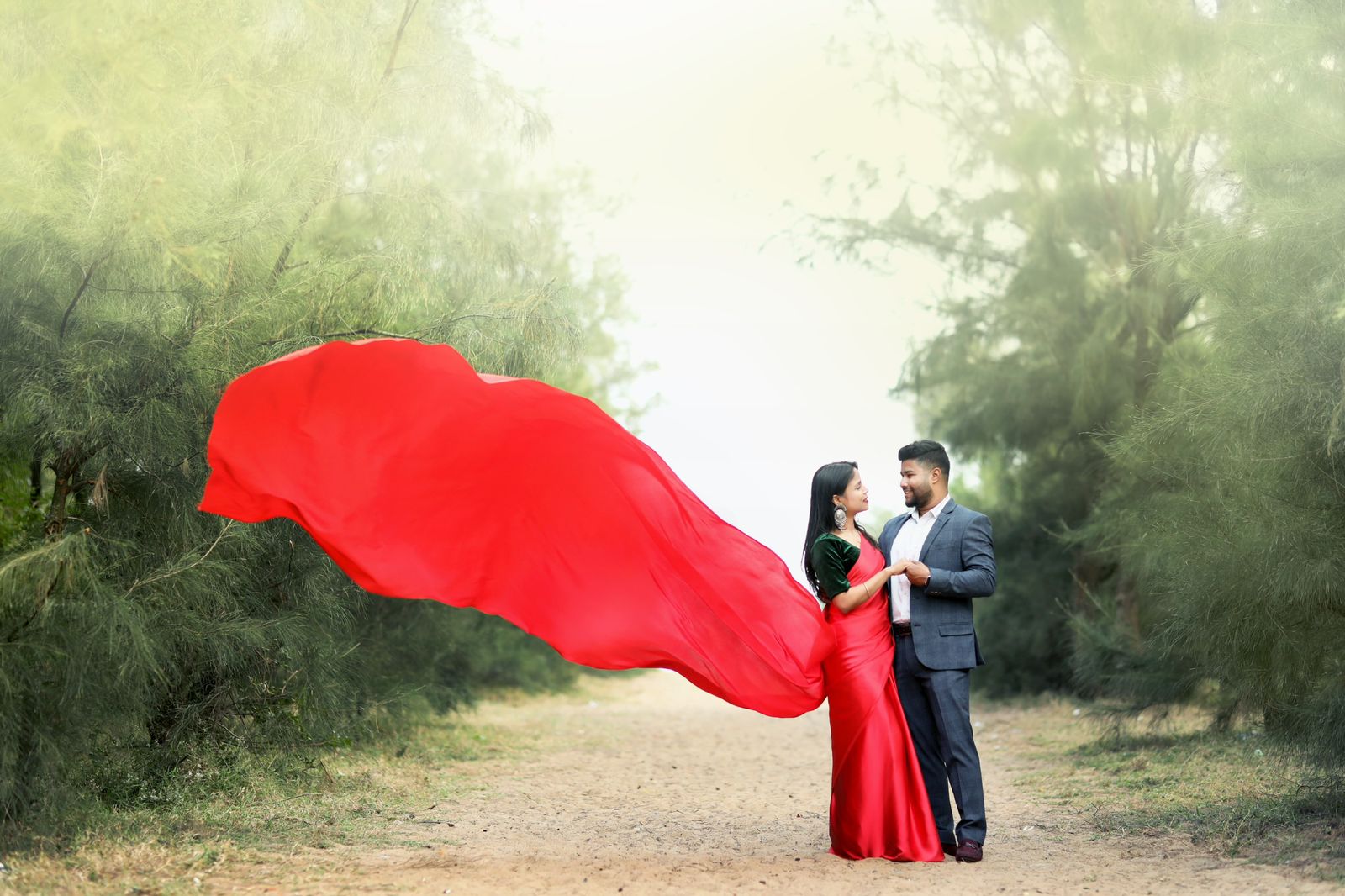
Spellbound Odisha a picture perfect ...
03 Feb 2023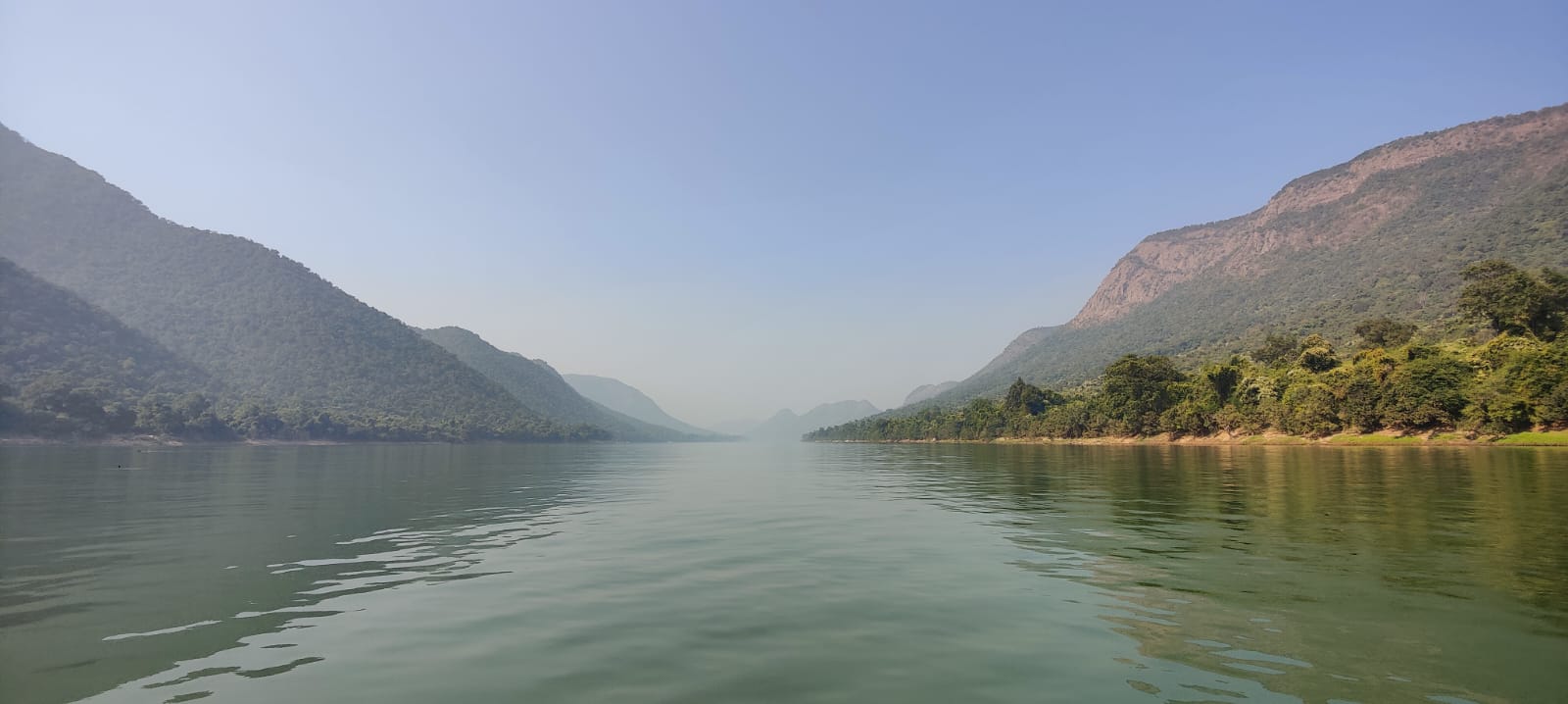
Satkosia a Nature’s Treasure Trove
03 Feb 2023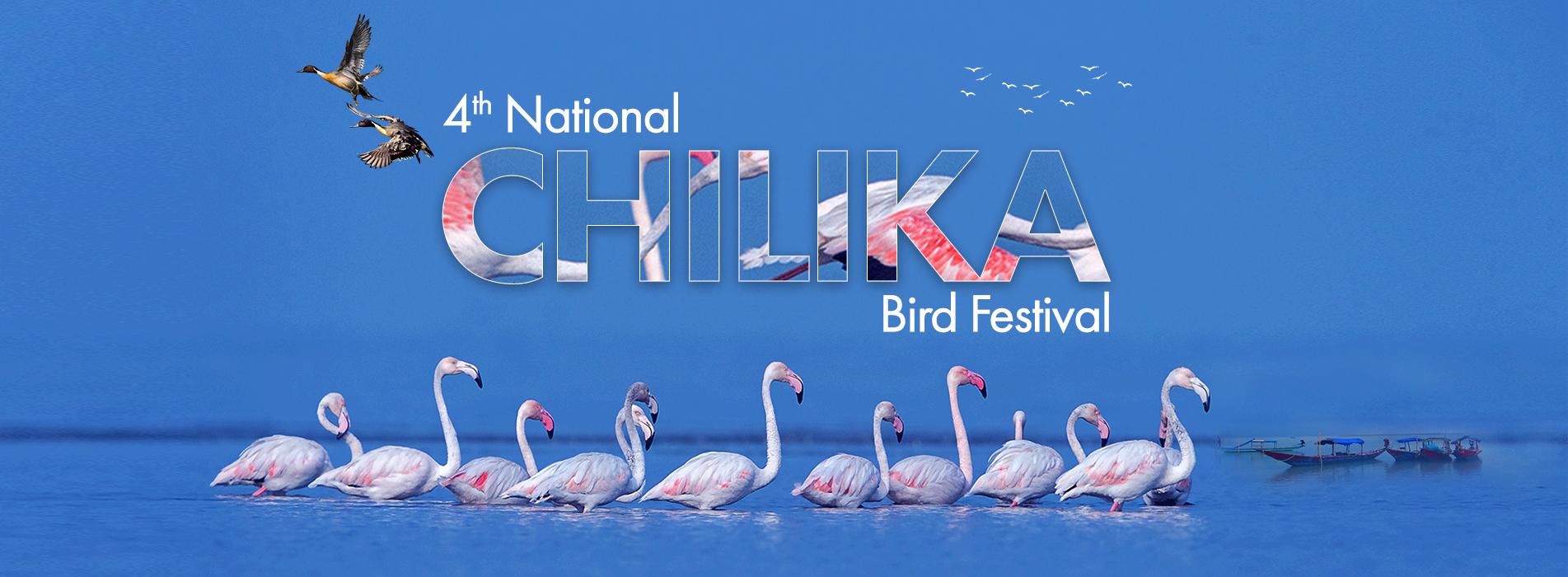
Odisha Wildlife in 4K
02 Jan 2023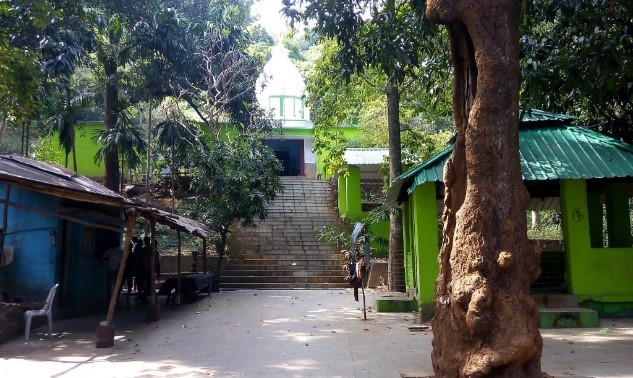
SAPTASAJYA-A Heavenly Tourist Destination
10 Oct 2022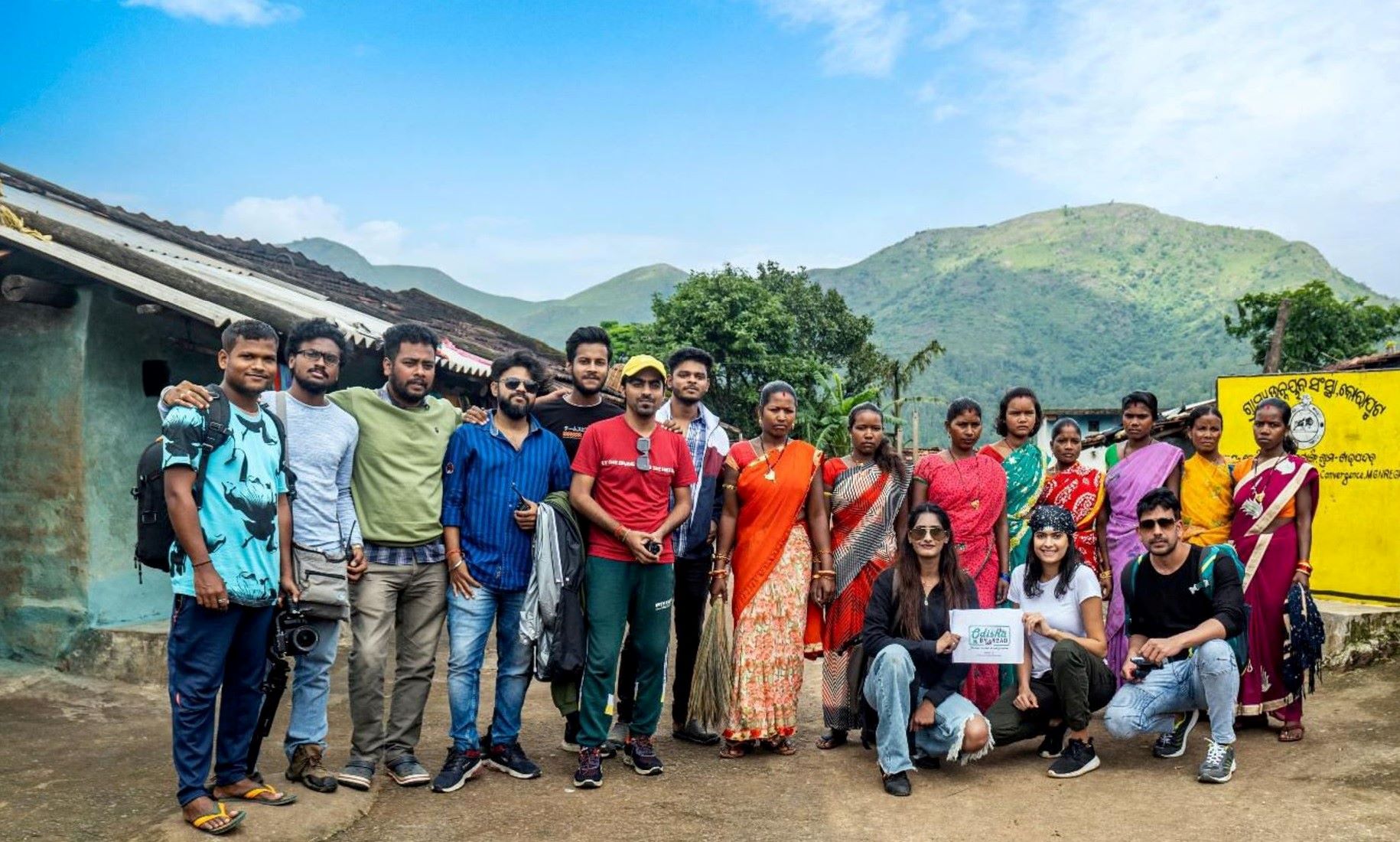
ODISHA BY ROAD 3.0-BEHIND THE SCENES
10 Oct 2022
Comments